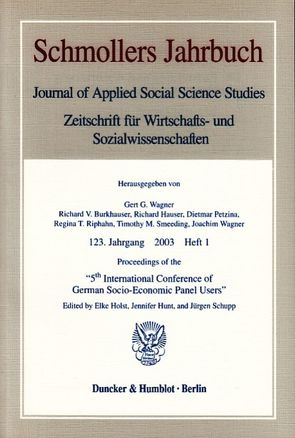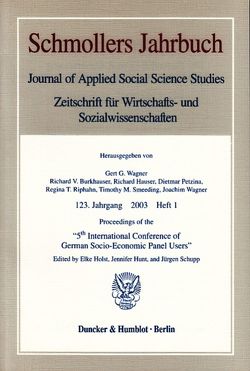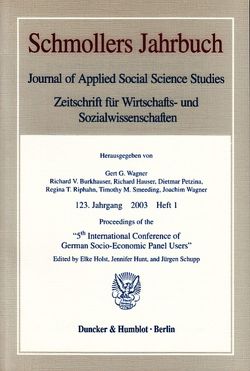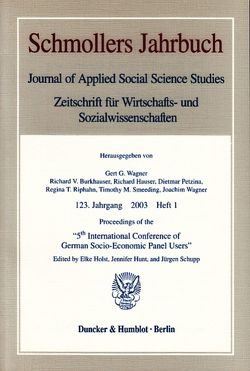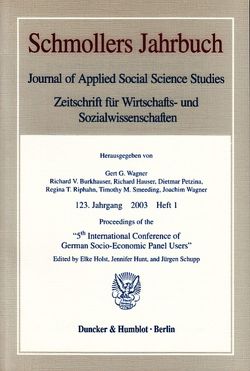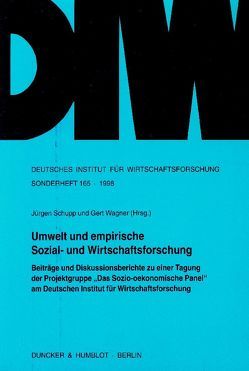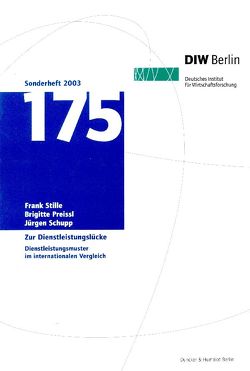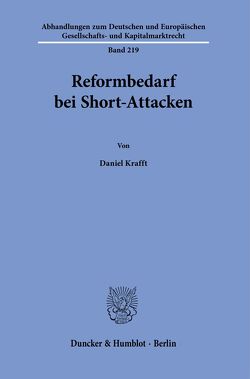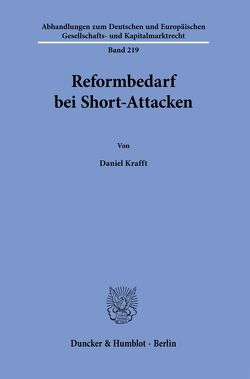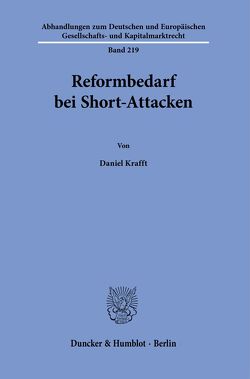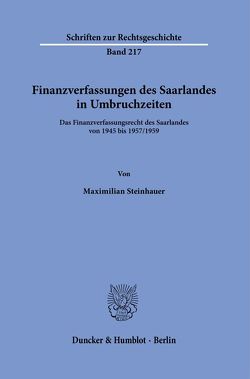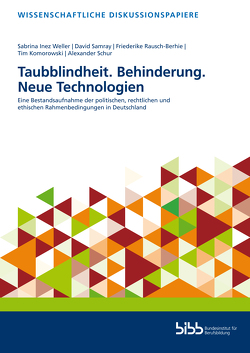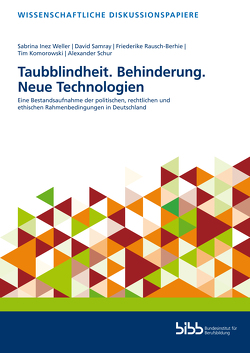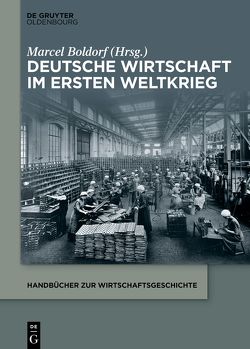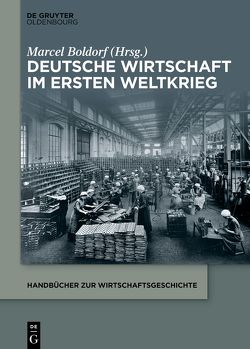Proceedings of the „5th International Conference of German Socio-Economic Panel Users“.
Schmollers Jahrbuch, 123. Jg. (2003), Heft 1.
Elke Holst, Jennifer Hunt, Jürgen Schupp
The papers in this special issue of Schmollers Jahrbuch provide a flavor of the work being carried out by the four hundred research teams registered as users of the German Socio-Economic Panel (SOEP). They were presented at the Fifth International Conference of SOEP Users, held in Berlin on the 5th and 6th of July 2002, and represent several fields of social science as well as many countries.
A first set of papers analyzes wage and income inequality and mobility. A new method measuring mobility in different parts of the income distribution is presented in one study, while a second proposes a decomposition technique to investigate changes in wage inequality. A third paper tests hypotheses about the nature of the welfare states by analysing income mobility in three countries: Germany, the Netherlands and the United States.
A second set of papers examines transitions to and from unemployment. They analyze determinants of new job-finding and unemployment duration, including the importance of psychological factors. Aspects of wage determinants play a role in several other papers, for example the negative correlation between maternity leave and the mother’s subsequent wage. Another issue related to wage analysis the possible bias arising from individuals‘ not responding to the wage question.
An additional group of papers revolves around the theme of changes in labor force or personal status and changes in income, documenting, for example, the fall in real equivalent income experienced by women who become widowed. A final group of papers exploits various features of the SOEP to examine topics like savings behavior, wage subsidy schemes and their effect on employment, and the relation between the time a child’s parents spent caring for him or her and the child’s success at school. Finally, an interesting paper examines smoking behavior over the life cycle across four countries.
